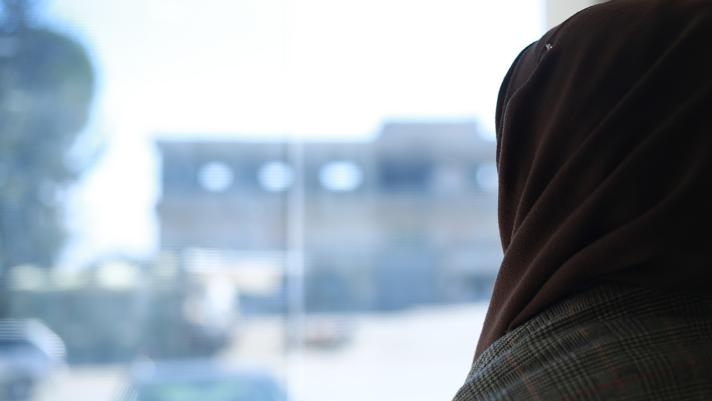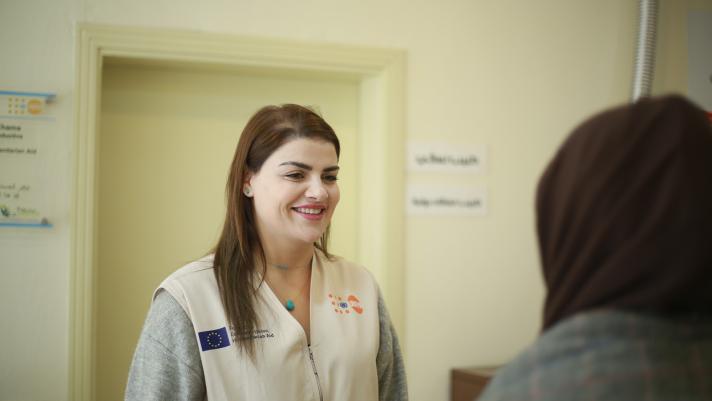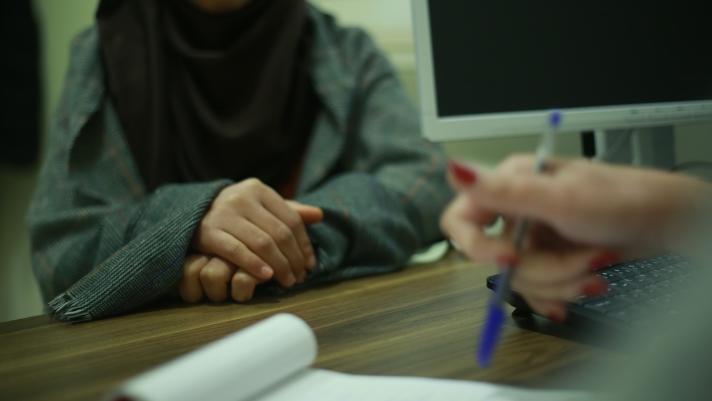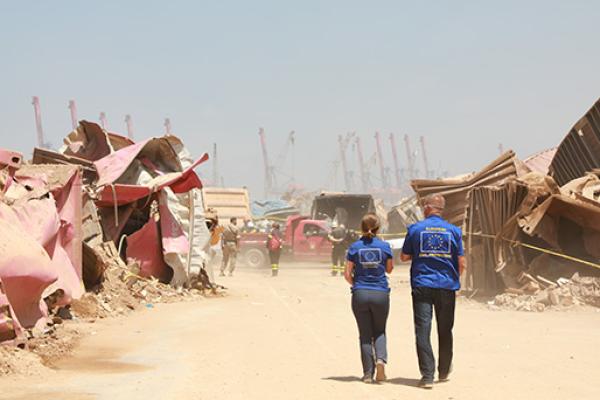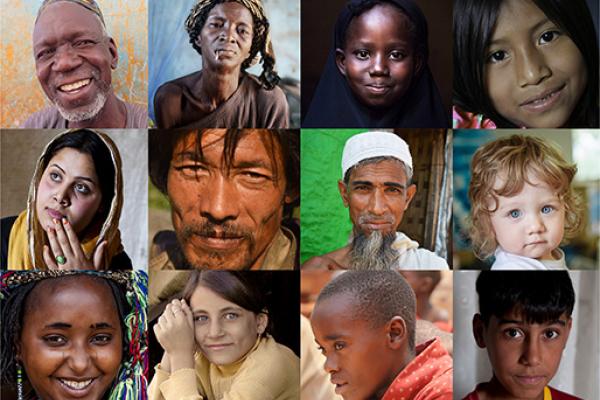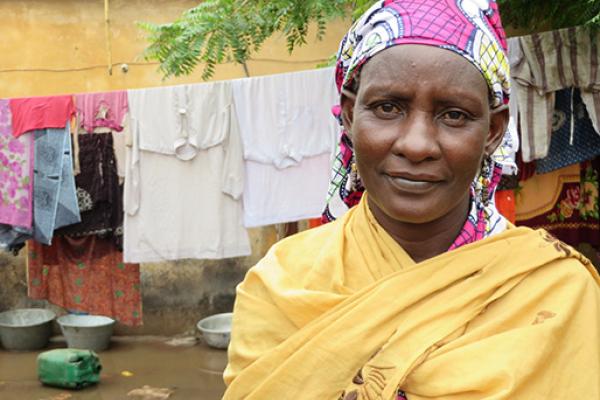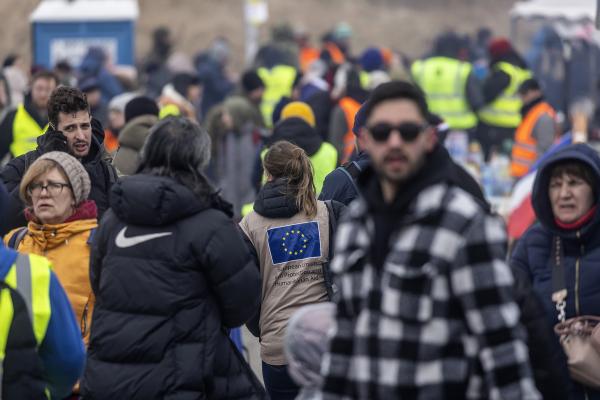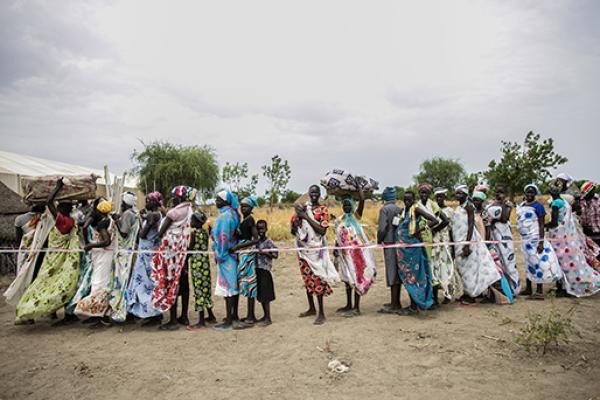Forced marriage is a reality for many girls and women around the world, particularly in countries affected by conflict and displacement. For Hasna*, the situation was made worse by the abusive and violent behaviour of her husband. She found the medical and psychosocial support she needed at a clinic in Lebanon supported by the EU’s humanitarian aid.
Hasna was just 15 years old when she was forced to marry her cousin. Her family had fled from Syria to Lebanon and, due to their economic situation, they saw the marriage as a way to secure her future.
“I personally did not want to get married. I wanted to resume my education and focus on myself. But when resources are in such short supply, we don’t get the opportunity to choose, we just accept. And that’s what I did,” said Hasna.
Today, Hasna is 28 years old and a mother of 2 boys.
“I am still with my husband, but I see death daily. My husband is abusive and violent. He often rapes me,” she said. “The physical and emotional abuse have only worsened as the years have gone by,” she added with tears in her eyes.
Feeling trapped and alone, Hasna turned to her family for help.
“My father passed away a few years ago and my brother has been taking the decisions for the family,” she said. “When I told him about my husband, instead of offering his support he threatened to kill me if ever I thought of divorcing,” said Hasna.
She felt like she had nowhere to turn. “When my cousin got divorced, she was tortured and killed. They claimed that she was a dishonour to her family,” she said.
The beginning of a new chapter
Finally, Hasna found assistance at a primary health clinic run by SALAMA in partnership with the UN’s Population Fund (UNFP) in Lebanon, with EU humanitarian support. The clinic offered her a safe and welcoming environment where she could help and receive medical and psychosocial support.
Souha, a case worker, recalled being the first person to meet Hasna. “After listening to her story, I immediately referred her to a gynaecologist in the clinic,” she said.
The medical examination showed that Hasna was exposed to severe physical violence. She received the medical assistance she required. “We then continued to help her through case management and psychosocial support,” said Souha.
Through this support, Hasna realised that she deserves to live in peaceful and safe conditions, free from violence. She also understands that she had the right to be happy and build a better life for herself and her children.
The case management team is now working with her to empower and support her in rebuilding her life in a safe environment.
EU humanitarian support for this project has been critical to its success. Without this support, it would be hard for organisations like SALAMA and UNFPA Lebanon to have the resources to provide critical services to vulnerable women like Hasna.
Through its humanitarian aid efforts, the EU is helping to provide lifesaving assistance to the most vulnerable who are affected by conflict, displacement and crisis.
By funding projects like these, the EU is making a real difference in the lives of women and girls who have been affected by violence and forced marriage.
*Name has been changed for protection reasons.
Story by UNFPA Lebanon.
Publication date: 22/05/2023

